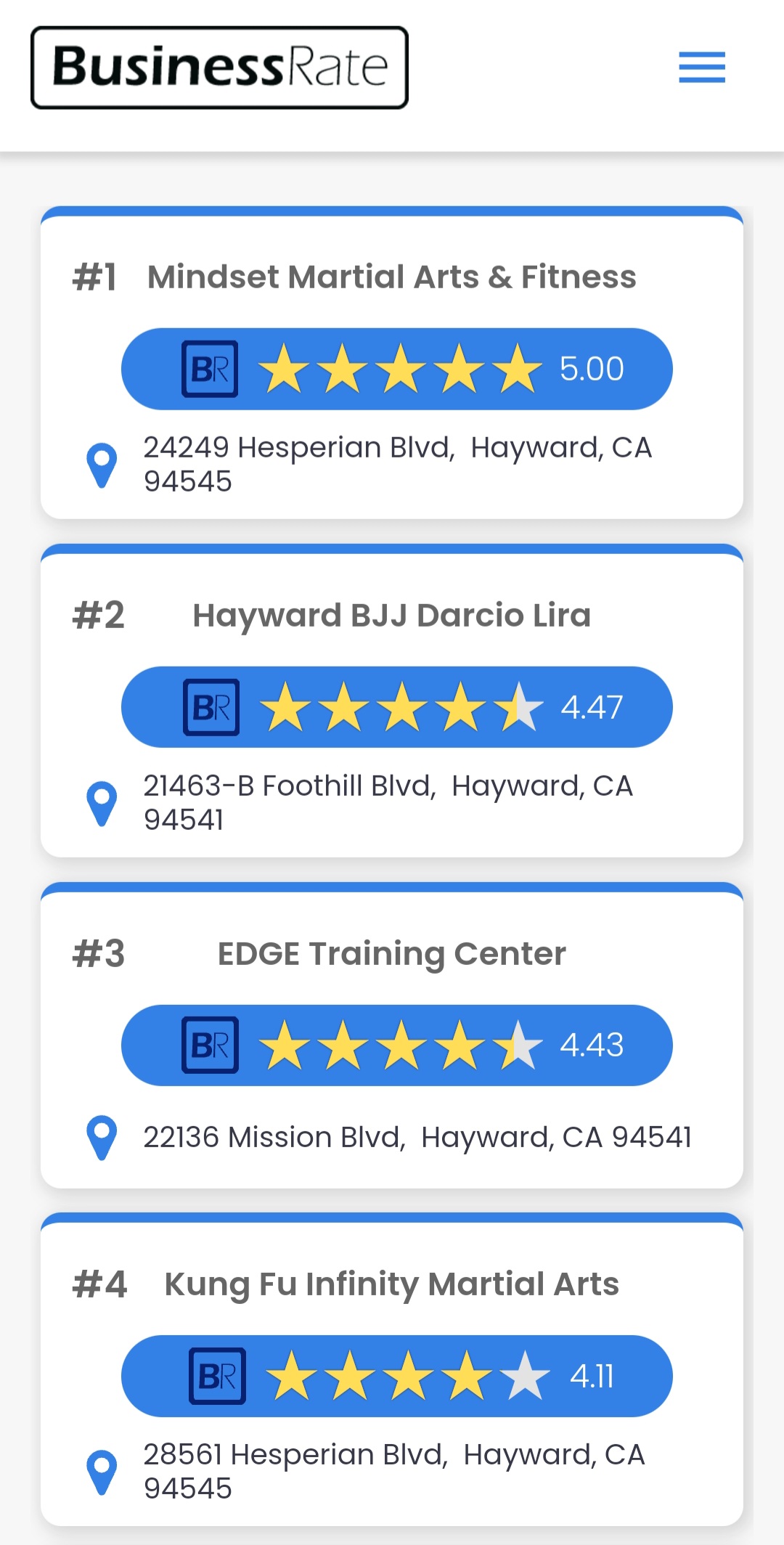BJJ Prep Series: Why Glute Bridges Are Essential for Jiu-Jitsu Beginners
We’re back with another installment in the Free BJJ Prep Series, and this time we’re focusing on a fundamental movement that shows up everywhere in Brazilian Jiu-Jitsu: the glute bridge.
This exercise builds the strength and explosiveness you’ll use constantly on the mats—whether you're escaping bad positions, establishing control, or setting up submissions. If you're brand new to Jiu-Jitsu, this is one of the best bodyweight movements you can start doing today.
Why Glute Bridges Matter for Jiu-Jitsu
In Jiu-Jitsu, your hips are your engine. The glute bridge strengthens the entire posterior chain, especially the glutes, hamstrings, and lower back—crucial for hip movement, posture, and control.
Here’s how the glute bridge translates directly into BJJ:
- Upa escapes: This is the explosive bridge movement you use to escape mount and buck off an opponent.
- Submission setups: Engaged hips are key for elevating your opponent and creating angles.
- Maintaining posture: A strong posterior chain helps you avoid getting broken down in guard or smashed from top pressure.
This is a beginner-friendly movement that can be done anywhere with no equipment. Start with sets of controlled reps, and as you build strength, you can explore variations like single-leg bridges or adding resistance.
Stay Tuned
We’re building out this Free BJJ Prep Series step-by-step so anyone can start training smarter before ever stepping on the mats. These movements aren’t just warmups—they’re key tools for a long and healthy Jiu-Jitsu journey.
Subscribe and follow the series to stay one step ahead as you begin your BJJ training.


 BusinessRate collected 43 recent Google reviews averaging a 5.0 rating with 4 reviews in the last 90 days averaging a 5.0 rating. The BusinessRate score is calculated at 5.00. This martial arts school is currently ranked #1 in Hayward, CA.
BusinessRate collected 43 recent Google reviews averaging a 5.0 rating with 4 reviews in the last 90 days averaging a 5.0 rating. The BusinessRate score is calculated at 5.00. This martial arts school is currently ranked #1 in Hayward, CA.